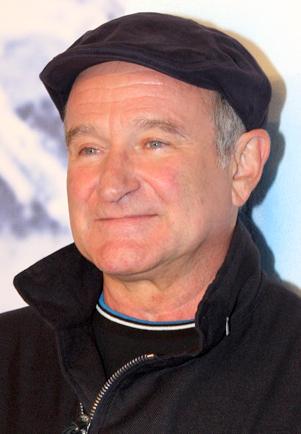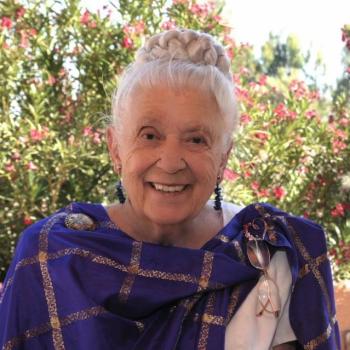
It has been just over two years since the actor and comedian Robin Williams passed away and his death still haunts. How could someone with so much to offer his family, friends and the world at large take their own life?
After his death, an autopsy report showed that he had Lewy body disease, a newly recognized disorder similar to Parkinson’s, which can cause dementia and, if not treated properly, bizarre hallucinations. It was also well known that Williams battled alcoholism, drug addiction and depression throughout his life.
Tony Robbins, who some call the most famous motivational speaker in the world, has an interesting theory about the life and death of Robin Williams. I don’t totally buy into it, given Williams’ documented afflictions, but it contains an important underlying lesson about:
Achievement vs. Fulfillment
In a podcast with Tim Ferris, Robbins points out that Williams’ life was full of achievements. He wanted a TV show and got one. He wanted to act in movies and achieved that. He wanted recognition for his dramatic work and received four Academy Award nominations, including a Best Supporting Actor award for Good Will Hunting.
Robbins speculates that while Robbins’ career was full of achievements, there was something integral missing from his life: fulfillment. Williams had the inability to find happiness in his achievements because once he reached each milestone in his life, he was simply not satisfied. So he went on looking for the next thing to succeed at, while overindulging in drugs and drink to carry him through.
Now I know we can not judge the effect a deep, dark depression can have on someone unless we are in their shoes, and that there are depressions so severe that one can believe death is the only escape.
Yet I think Robbins raises a good point about the constant quest for achievement in our society at the expense of what fulfills us, body and soul. And there is a huge difference between the two. This may be no more obvious than in the modern workplace where achievement can masquerade as fulfillment.
I work in the advertising industry where, like in most high-stress businesses, many are driven by the need to achieve. A few years ago, a story came out on the blog of a successful, award-winning 52-year old ad exec, living in New Zealand—who discovered he had inoperable cancer and only months to live. His name is Linds Redding and he wrote a post about a job that involved many late nights and weekends that kept him away from his family. Here’s his take:
So was it worth it? Well of course not. It turns out it was just advertising. There was no higher calling. No ultimate prize. Just a lot of faded, yellowing newsprint, and old video cassettes in an obsolete format I can’t even play any more. Oh yes, and a lot of framed certificates and little gold statuettes. A shit-load of empty Prozac boxes, wine bottles, a lot of grey hair and a tumor of indeterminate dimensions.
Redding had come to the conclusion that his chosen career “wasn’t really important. Or of any consequence at all really”. He advised anyone reading the column after normal business hours to “power down, lock up and go home and kiss your wife and kids.” He had a career full of achievements, but I don’t believe he had fulfillment, and he died a few months after writing that post.
So how do we separate achievements from fulfillment? My belief is that achievements look good on the outside, but are often ultimately hollow. They don’t touch the soul. On the other hand, fulfillment makes us feel good inside, right down to our core. In my own life, I can identify three main acts that lead to fulfillment. You may want to add your own to the list below.
- What helps those in need, fulfills us.
- What ignites our passion, fulfills us.
- What involves selflessly loving others, fulfills us.
The nature of happiness is a subject I’ve written about before on Wake Up Call. If you found this story interesting, you may want to check out:
Are you happy? Maybe it’s more important to be content.
What makes us happy? (It’s not what you might think.)
60-Second Inspiration: The secret to a happy, contented life.















